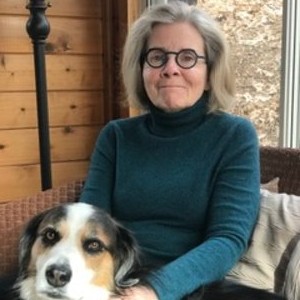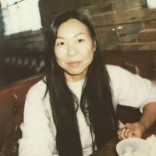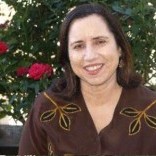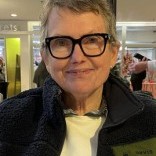You have stopped going
Aekta Khubchandani
to grocery stores to listen to the sound
of people while you’d wait in the queue.
When you lose someone
to the open breast of earth, your death
inches forward; death is a singular
and multiplying component of life.
The moment you’re captured as a jpeg
you disappear from the living
scene to a picturescape. The wind on a whim,
whiff of chicory from your coffee, you consume
films, hoard books, hang your arms over the bed,
the sun lifts the sky up, you draw blinds
and dream of a dragonfly getting bigger
and closer until you squeeze your eyes like a lemon slice,
blacken the visual of the fly with your quilt and wake up.
If you miss someone, you send them tomatoes.
You look for heirloom varieties: white wonder,
brandywine, evergreen, black cherry, marvel stripe
hand pruned, all colors of an engulfed sun.
A sunset is a recurring death. You visit
the graveyard without reason
and with tomato stalks when the sun
makes thinner lines on the horizon.
Isn’t planting stalks and seeds a kind of burial?
You think of hill farms and orchards
in Brooklyn, a crowded vegetation. You go
to parks to listen to people, sitting a bench apart
and enjoy looking at a dog eating tulips.















